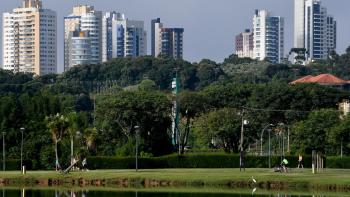Agartala gets a refreshed riverfront
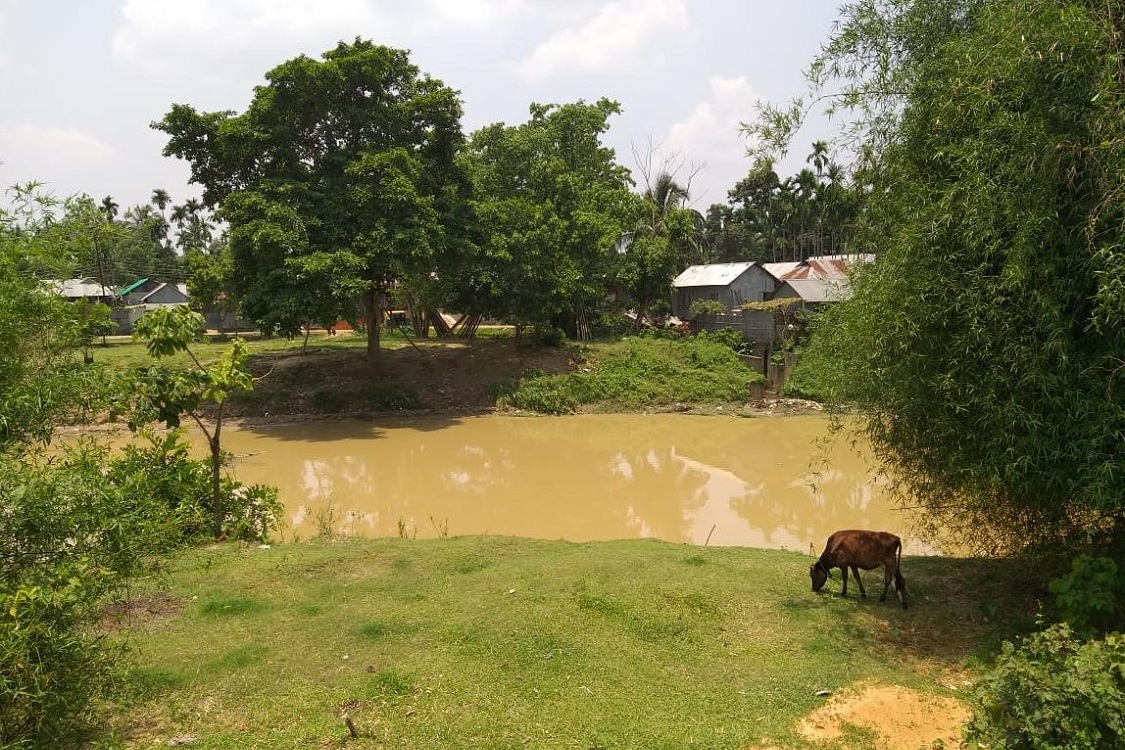
The capital city of the north-eastern Indian state of Tripura, Agartala sits along the Howrah River. The project called Agartala Smart City Limited (ASCL) is looking to reshape the riverfront – as well as the identity – of the city. It seeks to not only strengthen the embankments and build a responsible waste management system, but also sustain the biodiversity fostered by the river and build organic gardens. These gardens will further generate employment for the locals, especially women while preserving the area’s natural environment.
Amritsar takes a step towards smarter travel
The holy city of Amritsar is located in the northern state of Punjab and is home to the famous Sikh shrine, the Golden Temple. The project put forward by Amritsar Smart City Limited (ASCL) is dedicated to revamping the public transport system. Their main objectives are to introduce more e-vehicles and “smart cards”, provide a feeder network for last mile connectivity, and digitize the public transport system. This will not only bring down costs and make public transport more accessible for both residents and visitors, but also benefit Amritsar’s environment in the long run.
Bhubaneshwar reimagines public places

Bhubaneshwar is the capital of the eastern state of Odisha and an important cultural centre in the region. The B-Active project designed by the Bhubaneshwar Smart City Limited (BSCL) aims to reinvent the city’s open spaces and find solutions to a number of other urban issues. BSCL’s initiatives are based on developing the city’s key assets, namely streets, parks and playgrounds, waterways and heritage areas. Besides empowering citizens to manage open spaces, these measures will also prioritize active recreation and organized sports as well as public health.
Hubbali-Dharwad launched goes green
Hubbali (or Hubli) and Dharwad are twin cities in the southern Indian state of Karnataka. Hubli-Dharwad Smart City Limited (HDSCL) has come up with a proposal to build a green mobility corridor along the 8.5km drainage channel, the Unkal Nala. Besides improving the condition and controlling the flow of the channel, the project also includes building bike and pedestrian tracks which would be connected to major roads of Hubli-Dharwad. This will address drainage issues faced by the area, and also promote environment-friendly transport options.
Ujjain has more room to breathe

Ujjain is an ancient city and popular pilgrimage site in Madhya Pradesh, a central state of India. The project proposed by Ujjain Smart City Limited (USCL) aims at decongesting and developing some of the most visited areas of the city and enhancing their potential to accommodate and engage both tourists and residents in Ujjain. Among other aspects, this project focuses on strengthening roads and public pathways as well as redeveloping the open spaces in and around the Mahakal Temple, Maharajwada Complex, and the Chota Rudrasagar lake.
Dehradun gets more commuter- and environment-friendly
The capital of the northern hill state of Uttarakhand, Dehradun has developed into a busy and populous city over time. To tackle congested roadways, cost-ineffective transport and air pollution, Dehradun Smart City Limited (DSCL) has designed a mobility plan which is more commuter-centric, sustainable, and ICT-enabled. This involves reorganizing public transport routes, improving traffic management and building web/mobile apps for commuters. More importantly, the plan contains components to ensure the safety of children while travelling.
Surat, from wastelands to biodiversity hubs
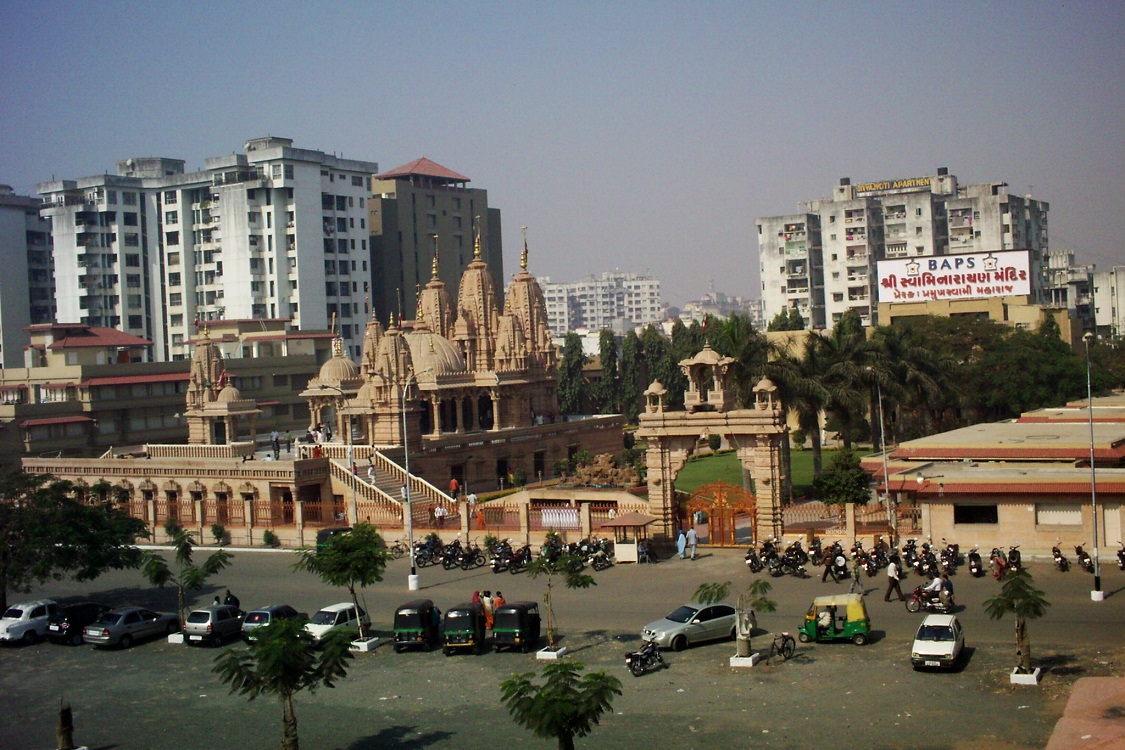
The historical port city of Surat lies in the western state of Gujarat. In order to increase Surat’s green cover and usable open spaces, the Surat Smart City Development Limited (SSCDL) proposed the winning idea of turning the city’s wastelands into an attractive biodiversity park. Not only will this clean up swathes of open spaces and turn them into flora and fauna habitats, but it will also provide a location for a public park. Moreover, the project will create and connect ponds, and help in the regulation and retention of rainwater.
Amaravati rebuilds the basics
Amaravati is the new and developing capital of the southern state of Andhra Pradesh (after it split to form Telangana in 2014). The identified territory has a large number of people living in poverty. This is why Amaravati Smart and Sustainable Corporation Limited (ASSCL) intends to tackle essential developmental issues such as: building basic physical and social infrastructure, providing electricity, safe drinking water, healthcare and education, setting up waste management and sewerage systems, and engaging the community in these processes, with women in leadership roles.
Kochi engaged in a digital healthcare revolution
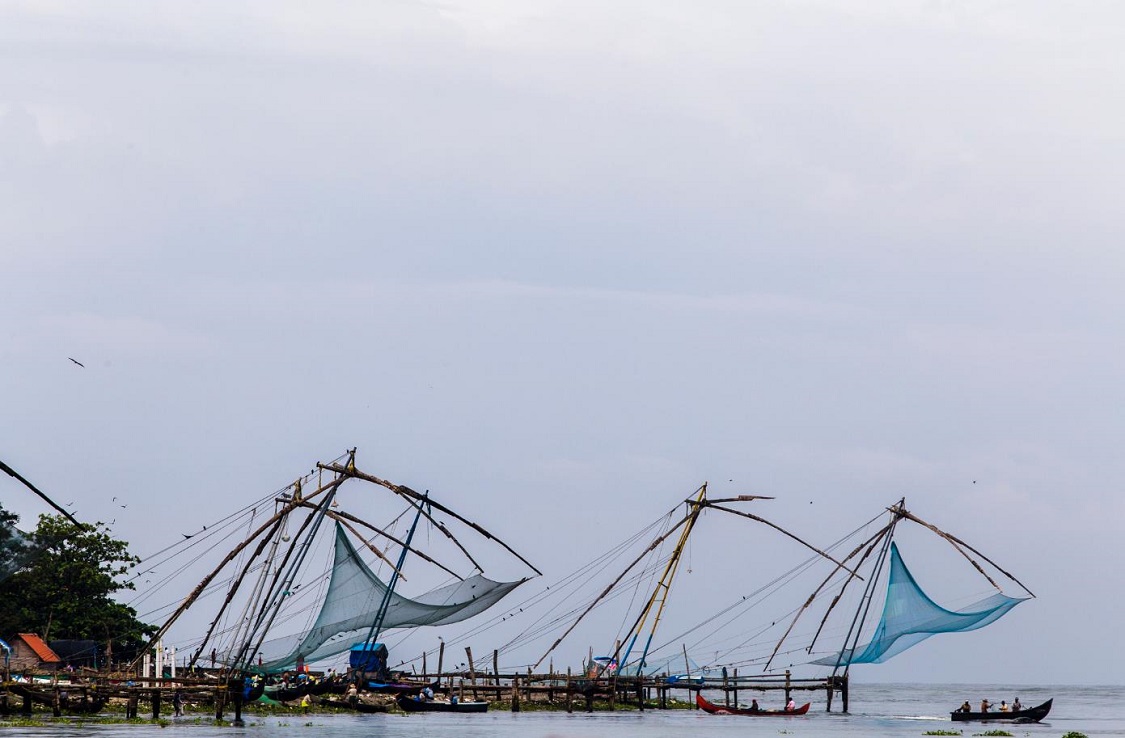
The city of Kochi (also known as Cochin) is a historical trade hub and popular tourist destination in the south-western state of Kerala. Cochin Smart Mission Limited (CSML) is seeking to build a more centralized ICT-enabled healthcare sector. This e-Health service will include facilities like a digital database of medical records and managing the supply chain required for doctors and patients. This system will ensure that healthcare becomes more accessible and affordable as well as provide key insights about the city’s population with the data collected.
Chennai’s public schools equipped with smarter classrooms
Chennai is the capital of the coastal state of Tamil Nadu. Many of the city’s low-income families send their children to sub-standard public schools. To provide them with a more holistic and rewarding education, Chennai Smart City Limited (CSCL) proposes to install Smart Classrooms in these schools. Besides integrating digital learning and building science labs, the project will invest in physical infrastructure, promote extra-curricular activities, highlight gender parity in the classroom and playground, and promote capacity building for teachers and other stakeholders.
Pondicherry wants to empower the community
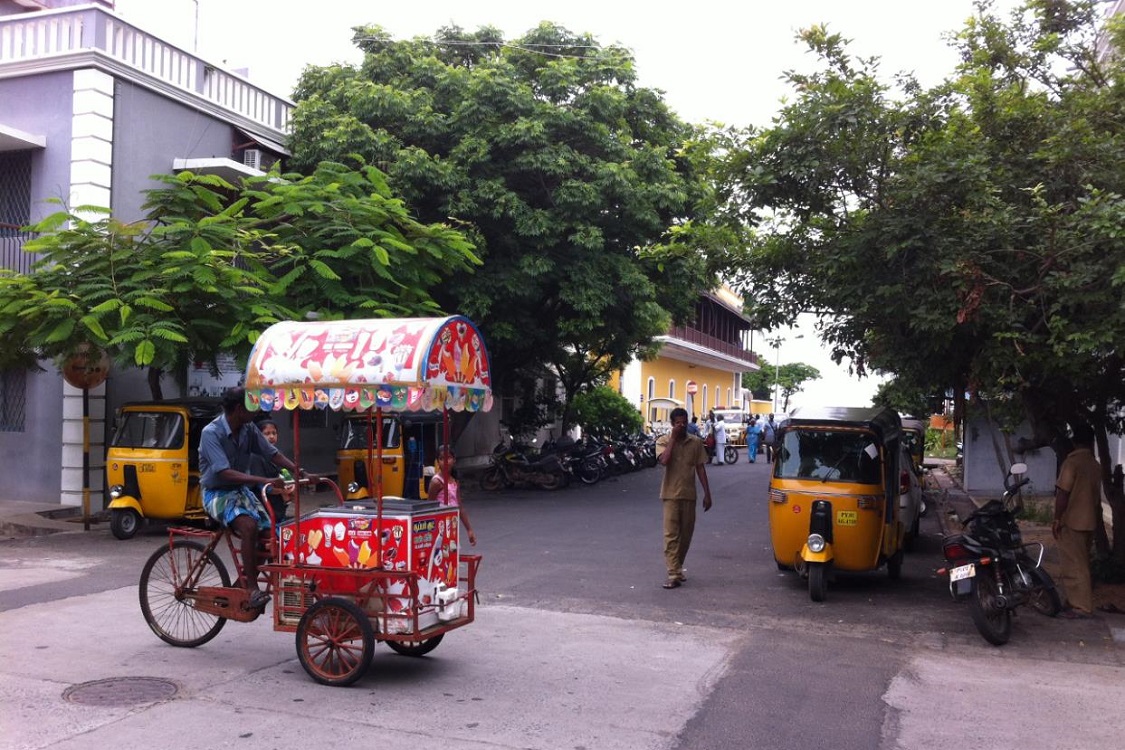
The former French colony of Pondicherry is the capital of the Indian Union Territory of Puducherry (also Pondicherry). Believing in the motto, “Our Neighbourhood is Your Neighbourhood Too”, the Puducherry Smart City Corporation Limited (PSCCL) has designed a participatory project to empower low-income settlements. Their aim is to have a “slum-free” Pondicherry where voices from the community can reach the government easily. Primary components of PSCCL’s project include strengthening people’s forums, social housing and public infrastructure, and ICT-enabled services.
In Vishakhapatnam, a modernization drive for municipal schools
Visakhapatnam is the largest city and commercial centre in Andhra Pradesh. Like CSCL, the Greater Visakhapatnam Smart City Corporation Limited (GVSCCL) also wants to improve the city’s municipal schools. They plan to add to their current pool of 149 schools and upgrade existing ones by turning underused land into functional spaces, building infrastructure to increase accessibility, and investing in IT to make “smart” campuses. The aim is to encourage outdoor activities and digital literacy among students, and rebrand Greater Visakhapatnam Municipal Corporation (GVMC) schools.
* selected cities in the CITIIS program would receive a grant of €100 million from AFD as well as €6 million of additional funding from the European Union to mobilise the expertise they required.

This project is carried out with the support of the European Union.












